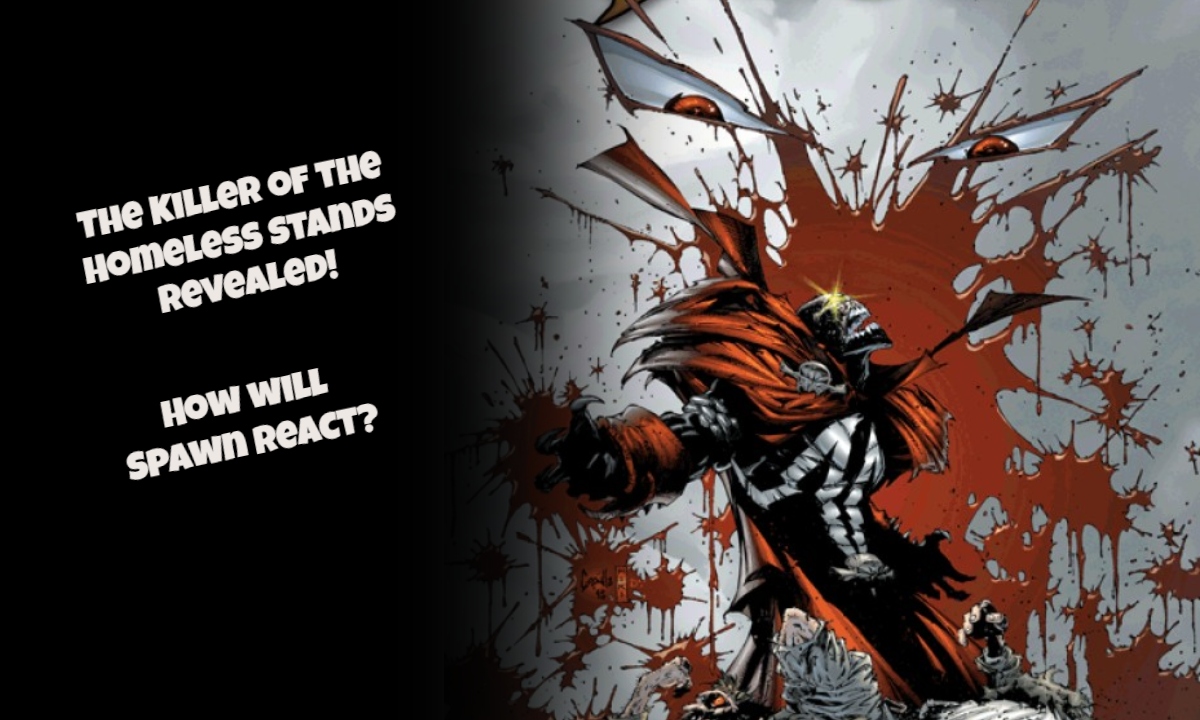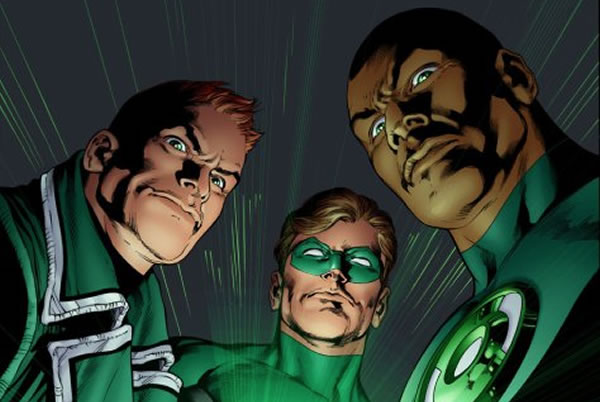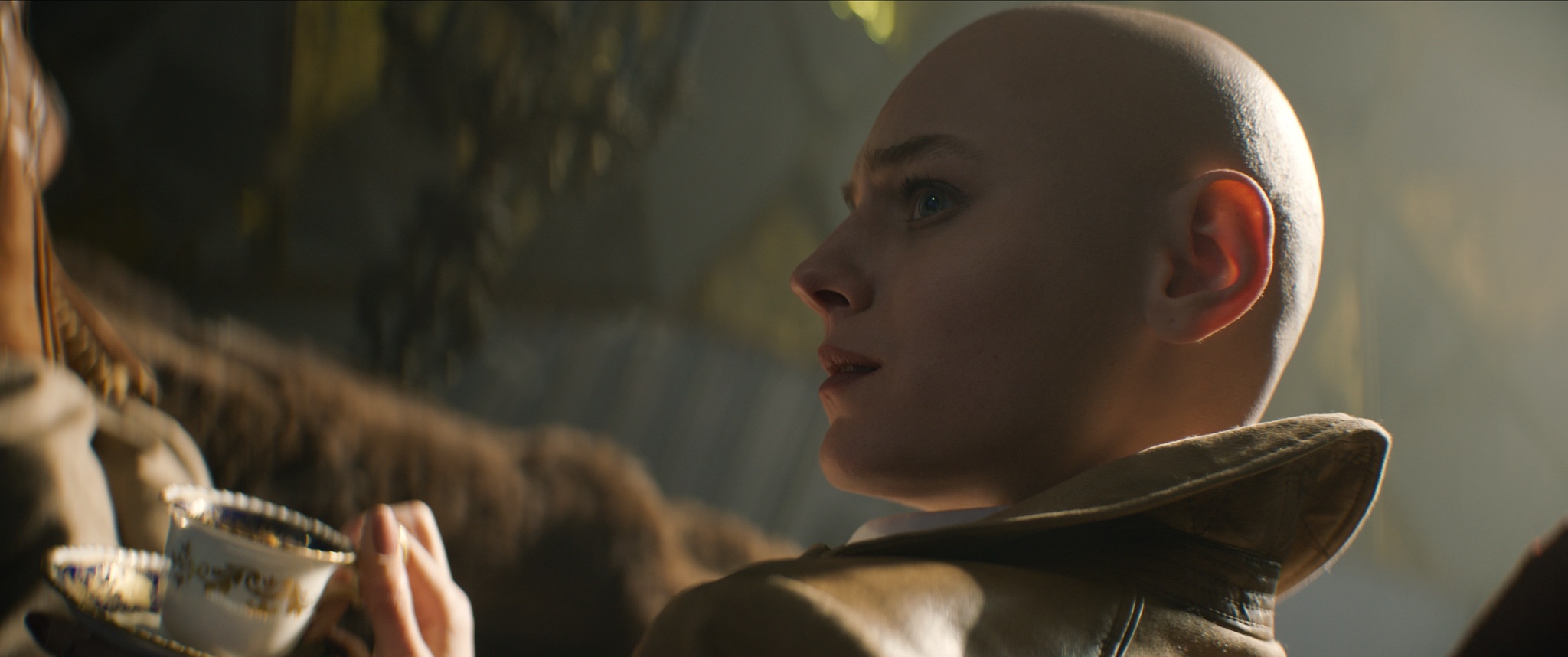![]()
Roberto Duran is definitely one of the greatest boxing legends who stepped into the ring.
From director Jonathan Jakubowicz, HANDS OF STONE follows the life story of the Panamanian professional boxer known for his devastating punching power to earn the nickname “Manos de Piedra.â€
The story follows the boxer growing up in Panama and training at a young early age. He falls in love with a young woman and later adopts a well-known boxing training in New York City for the next stages of boxing championships and greatness. The movie also shows the building rivalry between himself and Sugar Ray Leonard to the ultimate showdown at the No Mas Fight.
LRM had a sit-down interview with Jonathan Jakubowicz at a press day in Beverly Hills earlier this month. He talked about Roberto Duran, his two actors’ transformations of Edgar Ramirez and Usher Raymond III, and creating Latino hero movies.
HANDS OF STONE is currently playing nationwide in theaters.
Read the transcript below.
LRM: Tell me on where and how the original idea for the movie based on Roberto Duran came from.
Jonathan Jakubowicz: It started when I first moved to the United States. I made a movie called SECUESTRO EXPRESS, which was a big success back in my country. But, I got in trouble with the Hugo Chavez government so I had to move. I came to LA and started to get offers for movies with Latinos. However, they were about criminals, drug dealers, rapists and you know the list.
I thought on why don’t we just make a movie about a positive Latino figure? I started doing research and of course, Roberto Duran came early in the process. In Venezuela, you hear his name as if he was a superhero pretty much.
I started getting into his story and was pretty fascinated by it. There was a realization that there was a big relationship with his trainer, a New Yorker. It gave me a notion you can cast a legendary American actor to support a Latino actor. It’s almost impossible to make a movie with a Latino lead. So you will need that American trainer [as part of the story].
It was what actually happened. We were able to cast Edgar [Ramirez], at this point who is pretty much a star, but wasn’t back then when we started the process. And with Robert De Niro supporting a Latino actor, which is incredible and part of the reason why this story could actually work for both the Latino audience and the mainstream audience.
LRM: How did you approach the research on Roberto Duran? Did you reach out to him? Did you watch a bunch of documentaries and clips? How did you try to compose this story together?
Jonathan Jakubowicz: Well, I’m a journalist actually. It’s what I went to school for. I have a very journalistic approach and I did all of that [you mentioned]. I met with Duran, with his family, with his enemies and with his friends. I even met with [Sugar Ray] Leonard and Angelo Dundee, who was still alive back in the day.
I saw those fights and saw so many interviews. It was a very long research that never ended. I spent this morning with Duran again. I just heard a great story that I’ve never heard before. Ah! We can make a hundred movies about Duran. It still will be as fun as this one.
It was a big research, but it’s more about narrowing it down to make sense for a whole movie.
LRM: You just mentioned that you could’ve easily make a hundred movies about Duran. I’ve read his biography. How do you know which part of his life would’ve been most interesting to include into less than a two hour movie?
Jonathan Jakubowicz: To me, the most enigmatic moment in his life and probably the biggest enigma is probably the No Mas Fight. It happened in the Superdome in New Orleans. I started there at that moment and started to understand on what actually happened that night. I went to the back and to the front having that as the centerpiece on the exploration on who is Duran.
You always have to remember that this is a movie. People are going to sit there and need to have an idea on the essence of this character. Not necessary to adhere completely to an encyclopedia. They’re here to understand. I chose the moments I felt that explained the most of the essence of this mythical figure. And worried less about the little fights in between, which were great fights too. The fights in the movie I felt truly embodied the epic of Duran.
![]()
LRM: Tell me how Edgar Ramirez was perfect for this role. You recruited him when his career was going up in this country. What gave you the indication to say, “Oh! He can be Roberto Duran.†Is it because he’s a fellow Venezuelan like you?
Jonathan Jakubowicz: Actually, that worked against him.
LRM: Oh, really?
Jonathan Jakubowicz: Yeah, because I’ve known Edgar for twelve years when he was a soap opera star when I was beginning to be a filmmaker. Sometimes when you are so close to someone then you don’t realize on how big their true potential is.
I’ve seen CARLOS, in which I was blown away with his performance in it. Edgar has a very sweet nature, but still has a lot of darkness inside of him. It’s like a combination of sweetness and rage. It’s what we can find in Roberto Duran. It’s also in Edgar. You’ll need both of this.
I wasn’t sure until I met with him. I was telling him about the project and he read the script. He then gave me his thoughts. Slowly, I started seeing a complete transformation with him. Edgar trained for eight months and became the Duran beyond my wildest dreams.
I knew he would do a great job. I didn’t realize on how great a performance he was going to give until we were really there. He truly embodied this character. He really put himself into the role.
When Duran first saw the trailer, he was telling me that I had used CGI, because there was no way I could’ve made Edgar to look exactly like him. I think, yes, there was a physical transformation. What I think for Duran is to capturing the essence of the character. It’s like Edgar walked inside Duran’s heart and came out with it.
He truly gave it to the audience. It’s a dream come true as a director. To be able to transform an actor to become a real life character with the level of greatness, I was really humbled that I was able to count on this performance.
LRM: But, you had to do that with Usher Raymond too, right?
Jonathan Jakubowicz: Yeah.
LRM: He had to copy the physicality and mannerism of Sugar Ray Leonard. How did you approach with that?
Jonathan Jakubowicz: When I was starting to cast the role of Sugar Ray Leonard, I was looking at a lot of actors and wasn’t too happy with any of the options. I went to Freddie Roach, Manny Pacquiao’s trainer, I asked him if there’s any fighter who could play Sugar Ray Leonard in a movie. He started thinking and said, “For Sugar Ray Leonard, you’ll need a dancer. It’s very hard to teach a boxer to box like Sugar Ray Leonard.†That’ why Leonard is Leonard. No one could box like him. It’s easier to find a dancer, because it’ll be easier to teach him to box than to finding a fighter and teaching him to dance.
I thought of Usher, the best dancer in the world. I met with him and immediately he started doing the Ali shuffle. He was pretty excited about the notion. He trained for about a year, in which a big part was with Sugar Ray Leonard himself. It was an incredible transformation. He became obsessed with the details and choreography.
Leonard is a showman. The first time Leonard heard that Usher was doing the movie, he was all for it. He said that Usher was perfect. Usher captured his smile, he told me.
In the dramatic scenes, Usher worked really hard and prepared for it. We all really worked hard on set. To me, performance is mixed with a lot of preparation and a lot of work on set. I think he steals all his dramatic scenes out of what he did. He knew he had to overachieve with everybody rooting against him. Some people are like, “Usher? C’mon.â€
I think it’s very hard to deny on what he had achieved was incredible.
![]()
LRM: So with this entire project, what do you suppose was the most difficult thing you had to do?
Jonathan Jakubowicz: It was nearly impossible to find the money to make it here in the United States. There is no making a Latino hero movie here in the United States. We knocked on every single door, every studio and every independent financier. They just don’t see it. To them, Latinos are criminals or a sidekick to a hero. We couldn’t get it made here.
It was De Niro who said that we should go to Panama. He told me that it was an important movie for the world. It’s surely the most important movie for the history of Panama. Money sometimes has to have a reason to invest in a movie. You’re more likely to find that reason over there.
We went there and we moved there with my wife. We spent a year there raising the money. We gathered more than $24 million. It was an incredible achievement.
Right now, it is the biggest release for a Latino movie in the history of the United States. Hopefully, it’ll open doors for the decision makers to realize that Latinos can be heroes. Undoubtedly, I think that was the hardest part.
The best thing I know how to be and do is being a filmmaker. I can do that better or worse in filmmaking, but at least I know how to do that. Raising money, I don’t really know how to do. I can learn, but that’s not what you went to school for and that’s never your dream. Your dream was to direct movies. It was very tough to become that person who had to work in many other things rather than to do what I like to do. It was definitely worth it. It was eye-opening to see what was on this side of the mountain. Most definitely worth it.
LRM: So which other Latinos do you feel should be on the big screen?
Jonathan Jakubowicz: There are many and I’m hoping not to answer that question. I don’t want anybody to steal those stories and make movies for themselves. [Laughter]
LRM: You are already preparing to make more Latino-themed movies then?
Jonathan Jakubowicz: Yes! Maybe not my next movie. There is such a wealth of characters. The obvious would be Julio Cesar Chavez. How could there not be a movie about Julio Cesar Chavez after HANDS OF STONE? And that one I would’ve make. [Laughter] Obviously, it’s because I just made HANDS OF STONE.
It’s been generations after generations just focusing on the bad guys. There are just as many good guys. I think everyone should tell their own stories. This is a good moment for Latinos to start telling their own stories. Nobody else would tell them.
LRM: True. Very true. Let me start wrapping this up. I’m just curious—what was your initial reaction when you first sat down with boxing legends Roberto Duran and Sugar Ray Leonard?
Jonathan Jakubowicz: Yeah, when I first met Roberto Duran and said, “Mano de Piedra!†He goes like this and hits the table. [Raises both fists] He said, “No mano. Manos.†If you don’t use the “S,†then it’s “Hand of Stone.†[Raises on fist up and then both fists] He said, “Not hand. Hands.†[Laughter] It’s because he hits with both.
I was simply blown away. I met him New York City. He walked out of this limo with this promoter he was working with. I remembered I met him a few blocks away from Madison Square Garden. He looked around and said, “I was the King of New York for a long time.†That was the first thing out of his mouth.
He was that person and now he is going back. People will recognize him again, because of the movie. There’ll be a premiere in New York City near Madison Square Garden. I feel there is a full circle that comes back with him. He’ll back in New York City and with the RAGING BULL in his corner. It’ll be a very special night.
As for Leonard, he told me that Duran taught him on how psychological boxing really is. Leonard, himself, later became this big psychological boxer. The big approach to this movie was to show that the battles are fought in the head. I was really thankful to hear that from Leonard, because he clearly learned that rivalry. It’s the greatest part of boxing for the greatest champ of all time. And he learned it all from Duran.
It’s a huge privilege. You’re telling a story that is larger than life. It’s history. As a writer and as a director, it’s a dream come true. Nothing gets better than this. It really makes it grateful that you had this opportunity to show the world this story.
LRM: Awesome. Terrific movie.
Jonathan Jakubowicz: Thank you so much.
HANDS OF STONE is currently playing in theaters nationwide.
Source: LR





